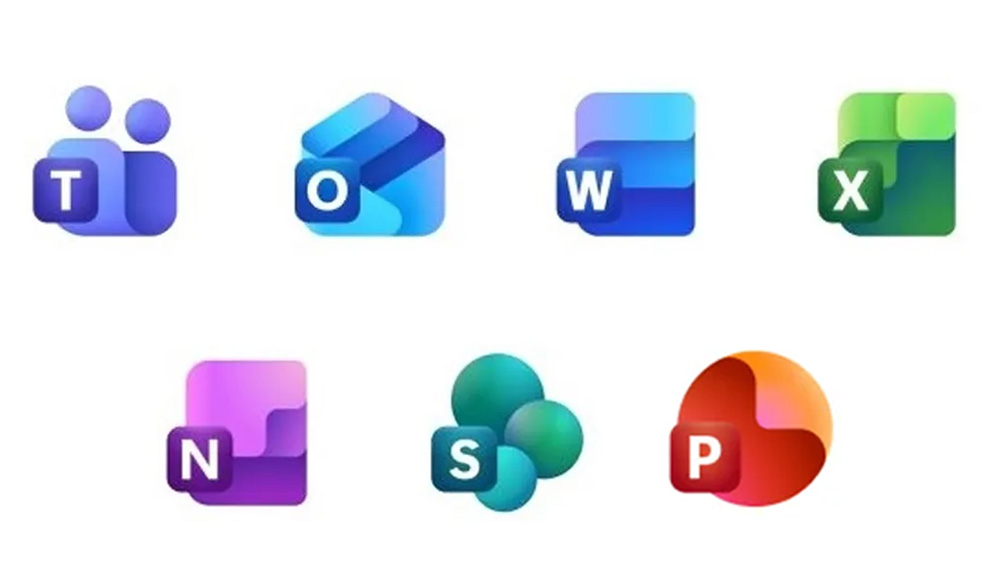The Rise of Decentralized AI: An Investment Surge Amidst Hype and Potential

In recent years, decentralized artificial intelligence (AI) has emerged as a significant area of interest, attracting a remarkable $917 million in venture capital (VC) and private equity investments, as reported by Tracxn, a startup deal platform.
The growing presence of mainstream AI tools has prompted the crypto and blockchain sectors to seek decentralized alternatives to the dominant products offered by major technology giants. This trend is rooted in the desire to address the critical issues associated with centralized ownership and access to the data that fuels AI systems. The prevalent theory among industry experts is that decentralization could help prevent the entire AI ecosystem from being dominated by a handful of powerful tech companies, including Alphabet (GOOG), Amazon (AMZN), Microsoft (MSFT), Alibaba (9988), and Tencent (0700).
Despite the potential benefits of decentralized AI, it remains uncertain whether the concerns regarding centralization will prove to be as significant as anticipated, or whether the blockchain industry is equipped to tackle these challenges effectively. What is evident, however, is the eagerness of crypto venture capitalists to invest substantial amounts of money in exploring this emerging field. The impressive sum of $917 million in investments underscores a growing belief in the viability of decentralized AI solutions as viable alternatives to traditional systems.
Yet, the underlying question persists: is the investment trend in blockchain-based AI merely a speculative bubble, or has it matured into a legitimate industry with lasting potential?
According to a recent report titled "Satellite View" published by blockchain investment firm Theta Capital, the convergence of AI and crypto is deemed "the inevitable backbone of AI." This comprehensive report delves into the insights and perspectives of some of the most influential investors within the sector.
The report emphasizes that the intersection of AI and crypto is one of the most noticeable trends in the technology landscape. It highlights the rise of AI agents that operate on blockchain networks, creating their own tokens and trading in decentralized markets. While some may view this as a mere speculative venture appealing to risk-seeking investors, Theta Capital argues that it represents a genuine path toward resolving some of the challenges facing AI, challenges that only the innovations in crypto can address.
Crypto wallets, as outlined in the report, facilitate the engagement of autonomous agents in financial markets. Furthermore, decentralized token networks are playing a pivotal role in establishing critical AI infrastructure for computing, data, and energy resources.
The report goes beyond mere hype, asserting that the AI x crypto phenomenon is "the new meta." The term "meta" refers to a prevailing strategic framework within gaming, encompassing the leading approaches to character selection, strategies, and moves based on the competitive environment.
Delving into the world of decentralized AI, Alex Pack, managing partner at blockchain venture capital firm Hack VC, describes Web3 AI as "the biggest source of alpha in investing today". In alignment with this perspective, Hack VC has allocated 41% of its latest fund specifically to Web3 AI projects, recognizing that the primary challenge lies in creating a decentralized alternative to the traditional AI economy.
Pack remarks, "AI's rapid evolution is generating substantial efficiencies; however, it is also leading to increased centralization." He further asserts that the intersection of crypto and AI represents the most significant investment opportunity within the space, offering a pathway to a more open and decentralized alternative.
Among Hack VC's notable portfolio companies is Grass, a unique platform that incentivizes users to contribute their unused internet bandwidth in exchange for tokens. This approach counters the traditional practices of large corporations, which often install software to harvest user data without compensation.
As Grass founder Andrej Radonjic notes, "Users unwittingly donate their bandwidth without compensation," emphasizing the need for a more equitable model. Grass aims to create a vast opt-in, peer-to-peer network capable of generating high-quality data that rivals the scales of data produced by industry titans like Google and Microsoft.
However, the rise of decentralized AI is not without its risks, as highlighted by Theta Capital. There are concerns that it could facilitate the proliferation of negative elements often associated with the internet, such as toxic online discourse, spam emails, and superficial social media content. In the crypto sector, this could manifest through the creation of meme tokens, characterized by dubious endorsements, wash trading, and pump-and-dump schemes, which AI could manage even more efficiently than humans.
Nonetheless, some venture capitalists view blockchain as a potential solution to mitigate these concerns. Olaf Carlson-Wee, CEO and founder of Polychain, suggests that mechanisms such as proof-of-humanity could be implemented to ensure user authenticity and discourage spam through micropayment systems. He explains, "If sending an email costs $0.01, it would destroy the economics of spam while remaining affordable for average users."
With blockchain technology potentially providing safeguards against misuse, Carlson-Wee envisions a future where AI underpins digital and financial systems, ultimately outperforming human capabilities in market activities. He believes that this reality will not be perceived as a dystopian scenario but rather as a welcomed evolution, stating, "The AI takeover won't be a war we lose - it will be a suggestion we agree to."























